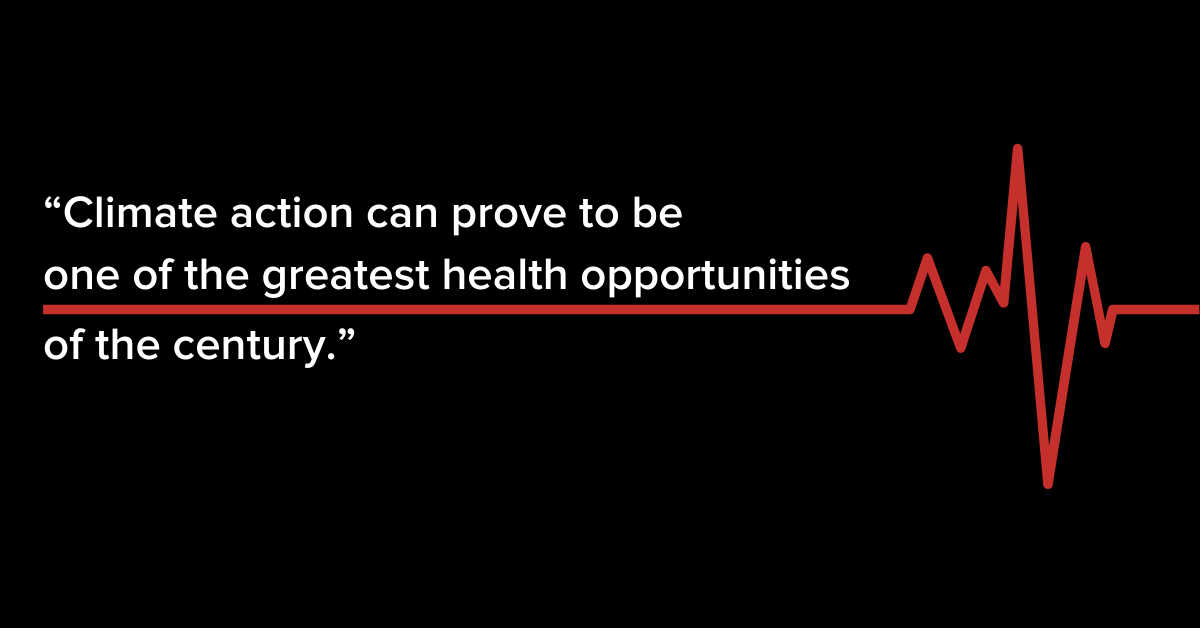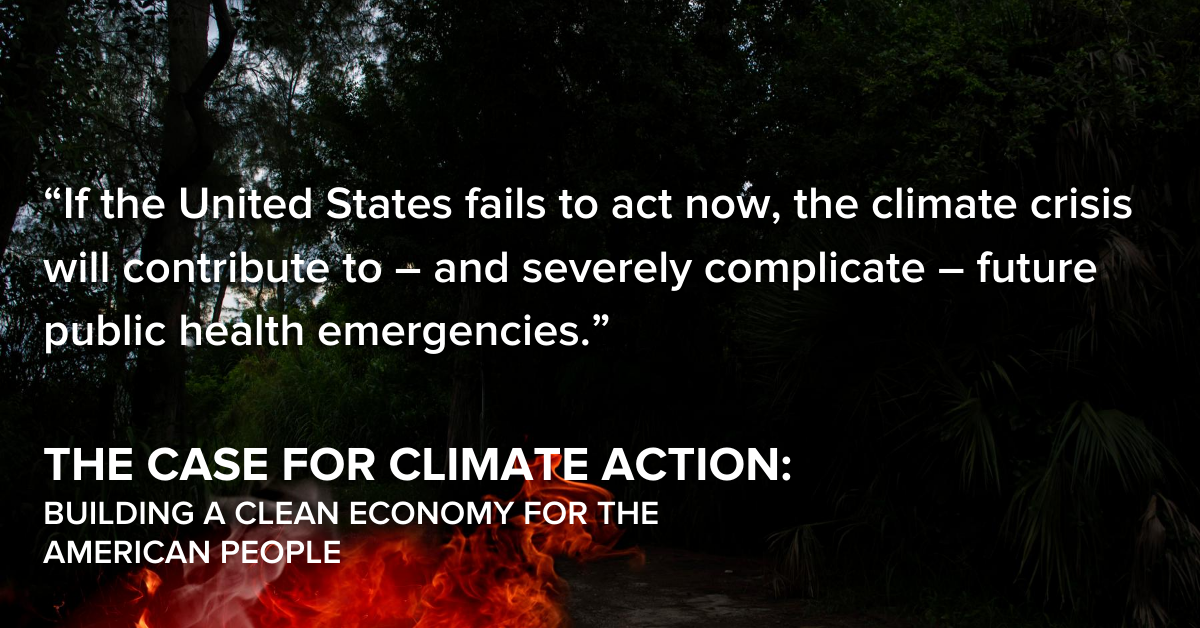Senate Democrats call for reducing carbon emissions in health care sector

“Climate action can prove to be one of the greatest health opportunities of the century,” members of the Senate Democrats’ Special Committee on the Climate Crisis concluded in the August report. The report, “The Case for Climate Action: Building a Clean Economy for the American People,” recommends climate solutions to reduce U.S. emissions to net-zero by 2050, including the need to decarbonize the health care sector.
Members of Health Care Without Harm’s Health Care Climate Council met with the climate committee members’ staff in 2019 to provide input on health care’s carbon footprint and how their health systems are decreasing emissions while becoming climate resilient. The report quotes the Health Care Climate Council’s Climate Action Playbook:
“Climate change is a public health crisis – impacting our weather and environment, along with the quality of the air we breathe, the water we drink, and the food we eat. The most vulnerable members of our communities – children, people of color, the poor, people with disabilities or chronic diseases, and the elderly – are the ones who suffer the most.”
– Health Care Climate Council
The report states that reducing emissions within the U.S. health care sector could save $15 billion over 10 years, and upgrading health care infrastructure will make facilities more resilient to future extreme weather events.
“The COVID-19 pandemic has exposed major weaknesses in our hospitals and health care systems,” committee members said in the report. “If the United States fails to act now, the climate crisis will contribute to – and severely complicate – future public health emergencies.”

Health Care Climate Council member and safety-net hospital Boston Medical Center is highlighted for its leadership in this work, with the report including that city and state support was essential for the facility’s renovations. The committee calls on the federal government to provide funding, tax incentives, and financing that all U.S. health care facilities can use to invest in clean energy and resilience.
“The Senate report, along with the House Select Committee report released in June, highlights how Health Care Without Harm’s advocacy work is helping policymakers to understand why climate change is a health emergency and how health care plays a critical role in climate solutions,” says Jessica Wolff, director of the U.S. climate and health program at Health Care Without Harm. “The reports serve as a roadmap for health care climate action, providing clear direction for federal policy as well as actions the sector can begin taking right now.”
